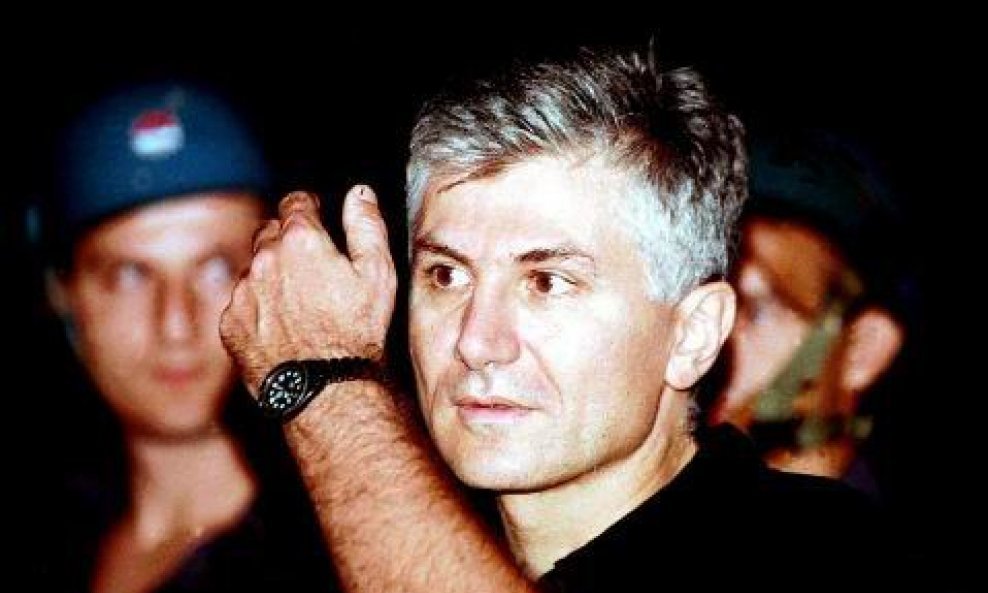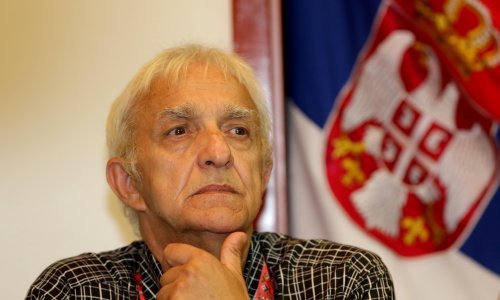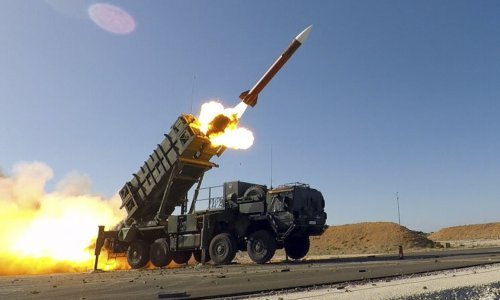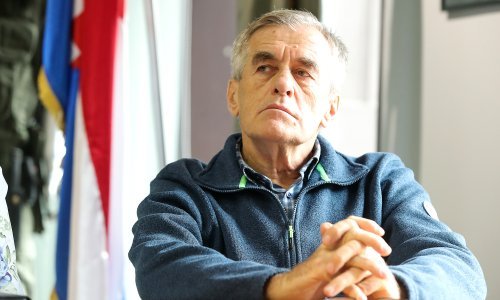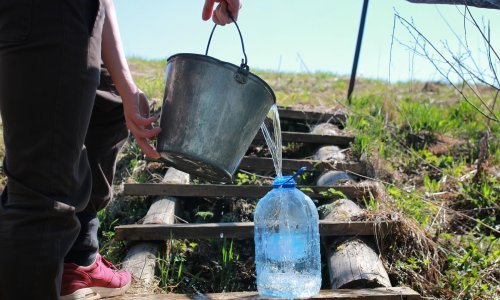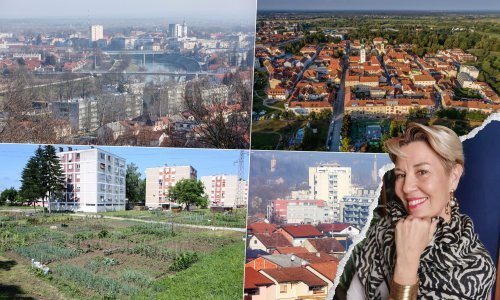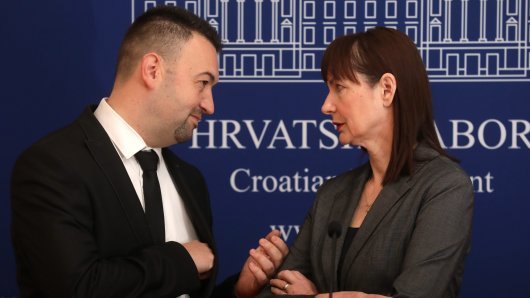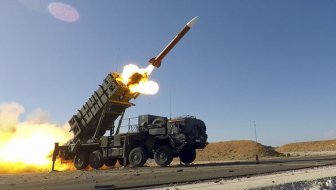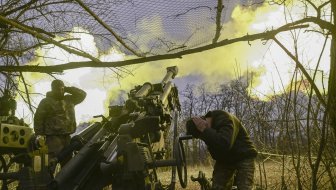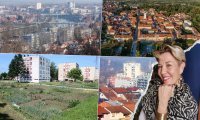Serbia is marking the tenth anniversary of the assassination of reformer Zoran Djindjic with a wreath-laying ceremony and memorial walk through downtown Belgrade on Tuesday.
Djindjic, the first democratically elected prime minister in post-communist Serbia, was shot and killed by a single sniper in broad daylight on March 12, 2003, at the doorstep of the Serbian government building. He was 50 years old.
Many gathered in front of the headquarters of the Liberal Democratic Party in Belgrade and started their traditional walk through the capital commemorating Djindjic, called the “Walk for Zoran”.
The walk, which is due to end at Djindjic's grave, is headed by Cedomir Jovanovic.
Besides the rally, other events are planned to mark the tenth anniversary of the premier's untimely death.
Djindjic was one of the founders of the Democratic Party, which spearheaded a revolt against the regime of Slobodan Milosevic. He became Prime Minister in 2001. Djindjic was instrumental in the overthrow of Milosevic in October 2000 after lost wars and a decade of isolation during the collapse of Yugoslavia. In June 2001, he played a pivotal role in the arrest and extradition of Milosevic to The Hague to face war crimes charges, where he died in a cell in 2006.
After Djindjic was assassinated in front of the government building, Milorad Ulemek "Legija", former commander of the Special Operations Unit, JSO, was found guilty of organising the group that conspired to kill Djindjic.
Zvezdan Jovanovic, in active service in the unit at the time of the assassination, was found guilty of firing the shots that killed the Prime Minister. Both men are currently serving 40-year prison sentences.
Members of the unit were found to have conspired to commit the murder with the help of the Zemunski klan, a powerful clan of mobsters and former paramilitaries.
The political background to the killing remains unclear. Jovanovic's Liberals have filed a draft resolution that would oblige parliament to support efforts to determine the political background of the murder.



